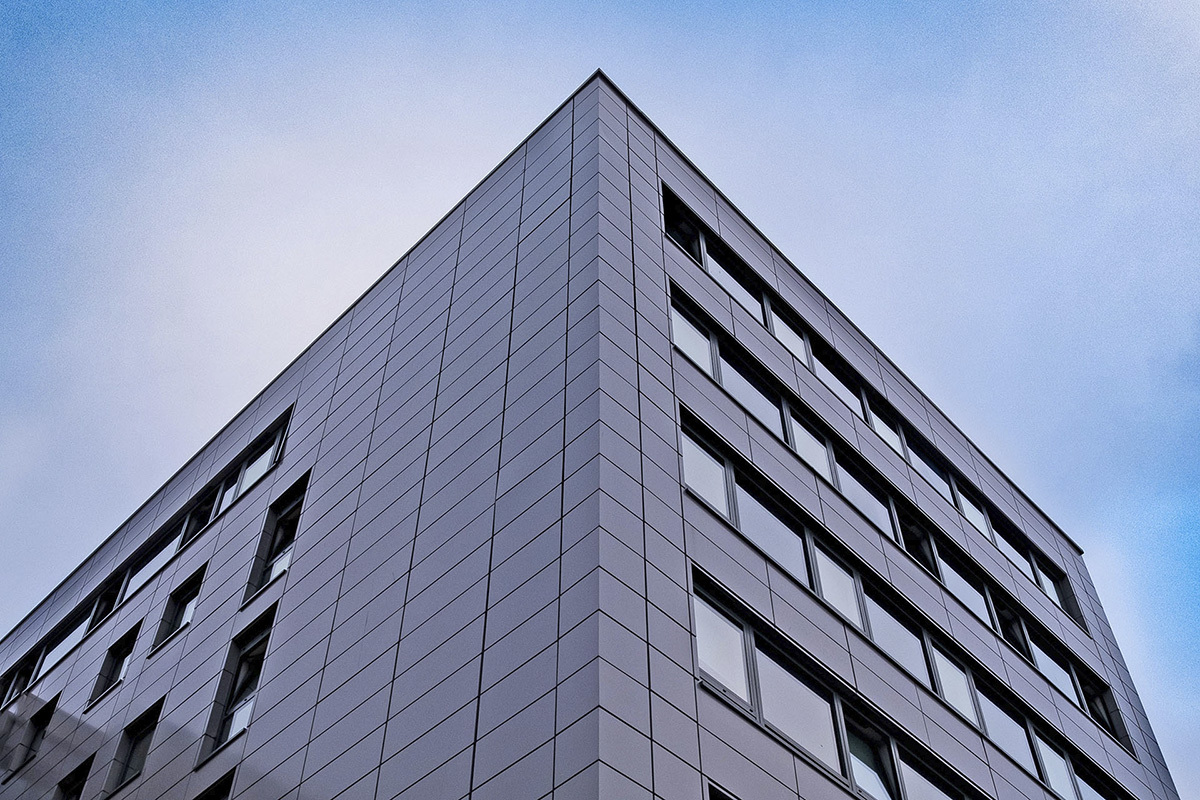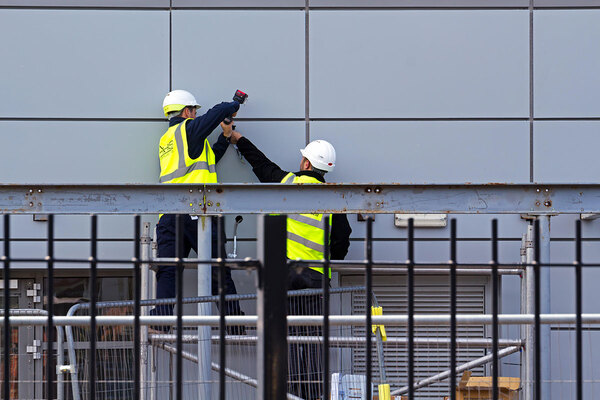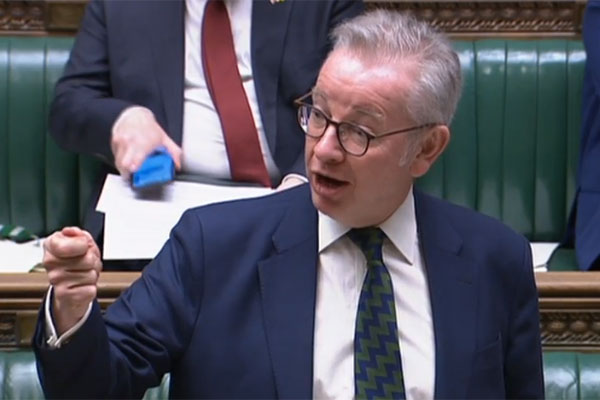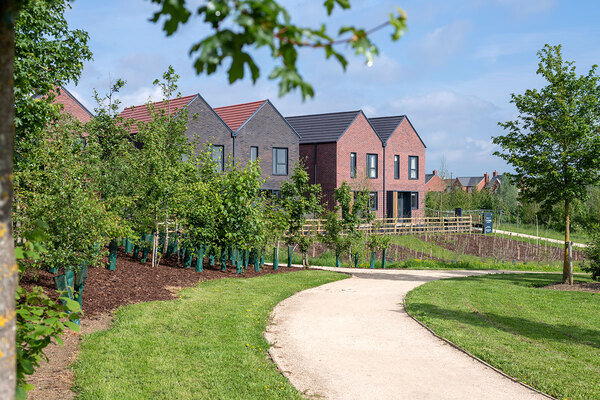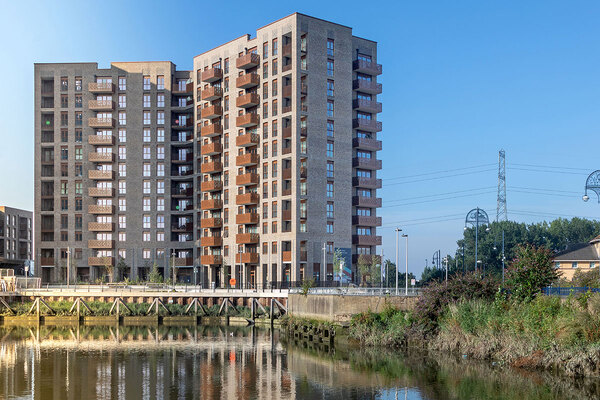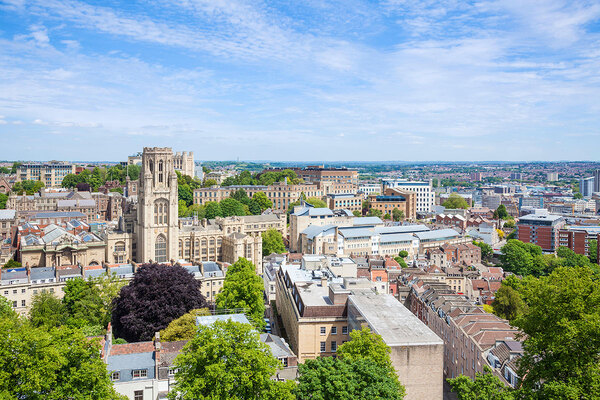You are viewing 1 of your 1 free articles
Major house builders sign contracts to fix fire safety defects
Ten major UK house builders have publicly confirmed that they have signed the government’s building safety contract ahead of the end-of-day deadline.
In updates to the markets, Redrow, Persimmon, Bellway and Vistry revealed that they had signed legal agreements to pay for the removal of unsafe materials on properties taller than 11 metres that they developed.
The ‘self-remediation’ contract has also been signed by Taylor Wimpey, Barratt, Crest Nicholson, MJ Gleeson, Berkeley and Morgan Sindall.
Under an ultimatum issued by housing secretary Michael Gove, developers had until the end of today (13 March) to sign the contract or face enforcement action that could stop them building new homes.
The terms of the contracts are based on the building safety pledge signed by 49 of the UK’s biggest developers last year to fund remediation works on their buildings.
Now legally binding, the contract also requires developers to reimburse taxpayers where public money has been used to fix unsafe buildings.
In its statement, Redrow said the contract widens builders’ responsibilities and although this would mean an increase to its building safety costs provision, “we do not expect this increase to be substantial”.
It added: “Regardless of the self-remediation contract formalities, we are proceeding with the remediation of the buildings concerned.”
Confirming that Bellway had inked the deal, chief executive Jason Honeyman said: “Bellway remains fully committed to acting responsibly with regards to building safety and we are making good progress, through our building safety division, on the remediation of legacy developments.”
Vistry Group’s statement said: “Vistry Group strongly believes that the cost of remediation of fire safety issues should not be borne by leaseholders and has supported the government’s ambition to deliver a lasting industry solution.”
Persimmon has also added its name to the list. The builder said it has now identified 73 multi-storey developments that it built over the past 30 years and which require cladding removal or other life-critical fire safety work.
The major builder said that work was under way or already complete on 42 developments and that it aims to start work at all remaining sites by the end of 2023.
In a statement, it said: “The self-remediation contract’s commitments are consistent with the principles first announced by Persimmon in February 2021.”
In parliament earlier this year, Mr Gove said that developers must sign the contract or “find a new line of work”, and in recent weeks he has been warning the industry on social media that time was running out to agree to its terms.
In a letter sent in January, Richard Goodman, director general for safer and greener buildings at the Department for Levelling Up, Housing and Communities, warned that unless an extension had been granted, any developer that does not sign the contract by 13 March should “expect that fact to be public”.
“The department will take steps to inform investors and customers of the risks arising from continuing their commercial relationships. The government will also review its own commercial relationships, programmes, engagement and procurement frameworks accordingly,” the letter said.
As for buildings over 11 meters where the owner or developer cannot be traced, the government is currently running a pilot to remove unsafe materials from 60 unsafe buildings.
This Medium-Rise Scheme (MRS) is expected to be rolled out further this year, using funding from the £3bn Building Safety Levy.
Documents published alongside the announcement of the MRS last year indicated that support is unlikely to be provided for blocks lower than 11 metres that have dangerous cladding. The government stated that costly remediation is not needed in the majority of these cases.
Sign up for our fire safety newsletter
Already have an account? Click here to manage your newsletters
